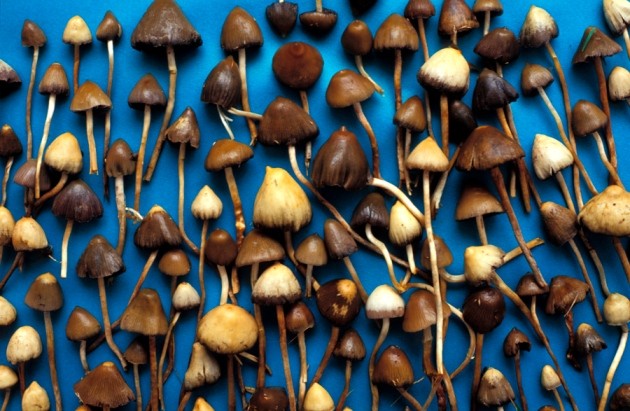In the vast expanse of nature’s bounty, an unassuming yet profoundly impactful class of organisms has been quietly shaping the landscape of mental health and spiritual exploration for centuries. Psychedelic mushrooms, often nestled in the underbrush of forests or growing in the wild spaces of our world, hold within them a potential that modern science is only beginning to fully appreciate. As researchers peel back the layers of mystery surrounding these fungi, the implications for mental health, well-being, and our understanding of consciousness itself are becoming increasingly clear. Psychedelic mushrooms, primarily those containing the active compound psilocybin, have been part of human history for millennia, woven into the fabric of various cultures and spiritual practices. From the ancient rituals of indigenous peoples to the counter-cultural movements of the 20th century, these organisms have been revered for their ability to alter human perception, emotion, and thought. Today, the focus has shifted from recreational and spiritual use to their potential as powerful tools in the battle against mental health disorders.

The resurgence of interest in psychedelic research, following years of legal and societal restrictions, has unveiled promising results. Clinical studies have begun to demonstrate the therapeutic potential of psilocybin in treating a range of conditions, from depression and anxiety to PTSD and addiction. Unlike traditional pharmaceuticals, which often require daily intake and come with a slew of side effects, psilocybin therapy represents a paradigm shift—offering the possibility of long-lasting relief after just a few sessions. At the core of psilocybin’s efficacy is its ability to induce profound and meaningful experiences, often described as mystical or transcendental. Participants in clinical trials frequently report a sense of connectedness, dissolution of ego, and insights that lead to significant shifts in perspective and priorities. These experiences, under the guidance of trained professionals, can provide a new framework for individuals to understand their mental health conditions and catalyze transformative healing.
The mechanism behind psilocybin’s impact involves its interaction with serotonin receptors in the brain, leading to an increase in neural connectivity. This heightened state of connectivity allows for a temporary restructuring of thought patterns, potentially breaking the cycle of negative thought loops characteristic of conditions like depression. Furthermore, neuroimaging studies suggest that psilocybin may decrease activity in the brain’s default mode network, an area associated with self-referential thoughts and the ego, shrooms near me offering a neurological basis for the feeling of ego dissolution many users report. Despite the promising horizon, challenges remain in the path of integrating psychedelic mushrooms into mainstream therapeutic practices. Regulatory hurdles, societal stigma, and the need for extensive training for psychedelic-assisted therapists are significant obstacles. However, as our understanding deepens and the cultural narrative around psychedelics shifts, the potential for these natural healers to play a pivotal role in addressing the mental health crisis becomes more apparent.